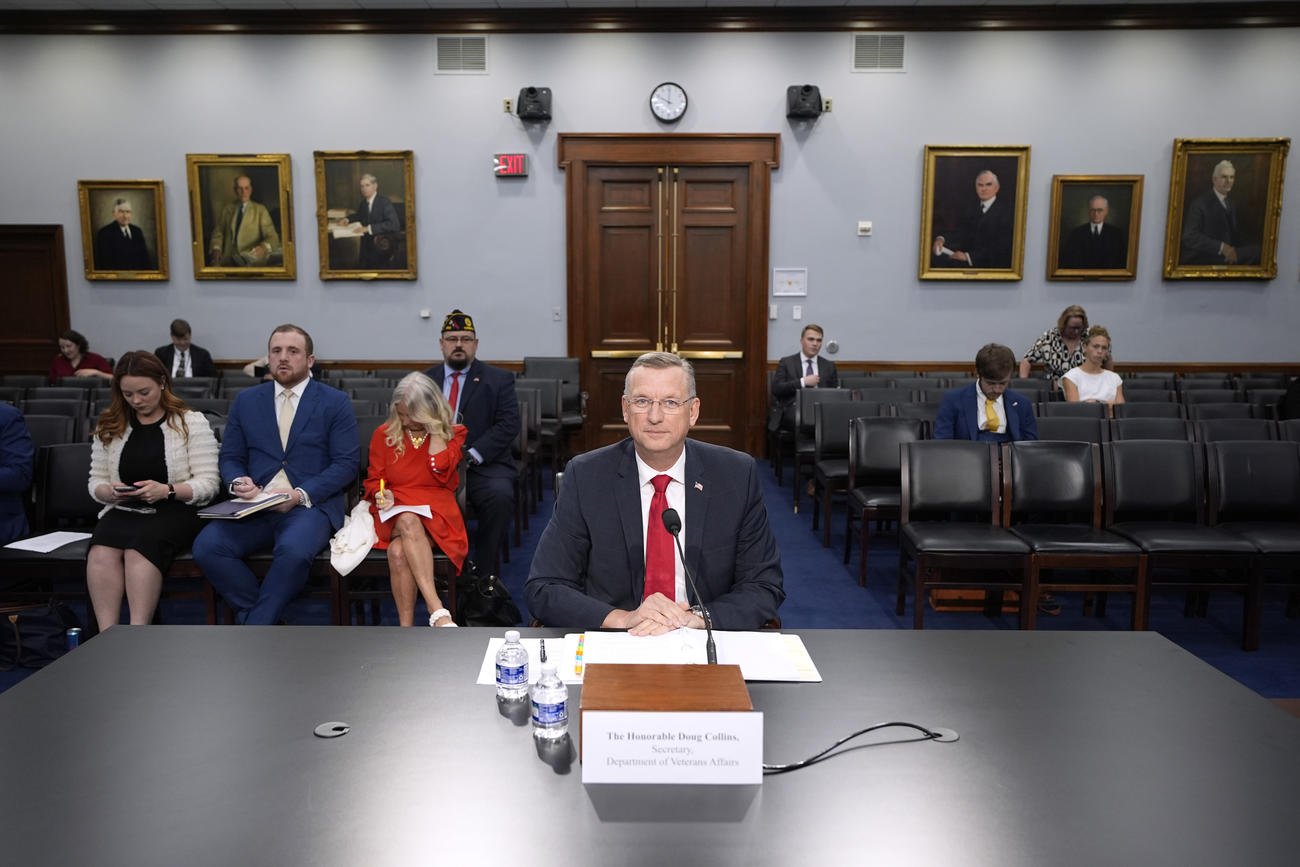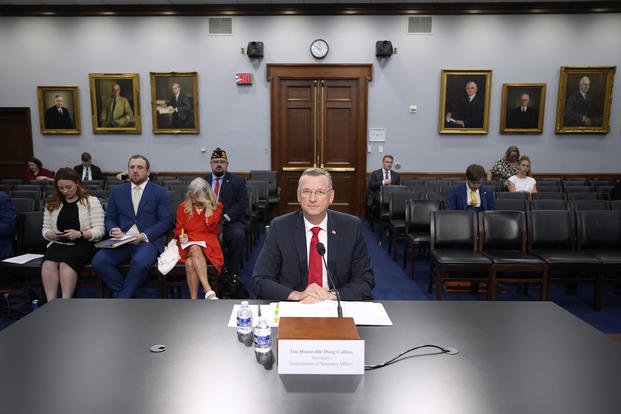

The program that allows veterans to see private doctors using Department of Veterans Affairs funding would get a 50% boost under a spending plan released by House Republicans on Wednesday.
Overall, the House Appropriations Committee’s fiscal 2026 VA spending bill would give the department about $453 billion — a whopping $83 billion more than Congress approved for the department for this year.
Most of that increase would be slated for so-called mandatory spending, the type of funding that goes to benefits such as veterans disability pay. Discretionary spending — the type of funding that is mostly used for medical care — would get a 4% bump to about $134 billion.
Read Next: Air Force Special Operations Command Names New Enlisted Leader as Predecessor Faces Investigation
“This bill is a testament to our unwavering commitment to those who wear the uniform and to the veterans who have served our nation honorably,” said Rep. John Carter, R-Texas, who chairs the House Appropriations Committee’s VA and military construction subcommittee. “We’re not just talking about supporting our military and veterans — this bill does it. This legislation invests in the health and well-being of our veterans, including focusing on mental health and homelessness assistance.”
Within the medical care budget, House Republicans are proposing $34 billion for community care, which is the program that allows veterans to see non-VA doctors on the VA’s dime, matching the Trump administration’s budget request. By contrast, the approved amount for the community care fund this year is about $22 billion, which was a dip from previous year’s $31 billion.
The proposed increase continues a trend of community care costs growing exponentially since the 2018 Mission Act that expanded the program and comes at a time when the future of the community care program is being hotly debated.
The Trump administration and congressional Republicans have been seeking to make it easier for veterans to see private doctors after spending years accusing the Biden administration of restricting access to community care. VA Secretary Doug Collins recently implemented a law passed last year to remove a bureaucratic hurdle to seeing private doctors. He also recently shifted millions of dollars from canceled contracts to the community care program.
Democrats, meanwhile, have been accusing Republicans of seeking to privatize the VA. On Wednesday, they seized on the community care funding in the appropriations bill as proof of Republicans’ goal.
“They have introduced a funding bill that does nothing to remedy the chaos and pain this administration has caused thousands of veterans and instead pushes extreme, partisan Project 2025 goals of privatizing veterans health services, only raising the costs of critical care,” Rep. Rosa DeLauro, D-Conn., the ranking member of the House Appropriations Committee, said in a statement.
Project 2025 was a think tank’s blueprint for a conservative president that was spearheaded by Russ Vought, who is now the Trump administration’s budget chief.
The discretionary funding also includes $2.5 billion for the VA’s electronic medical records modernization program, a $1.2 billion increase from this year. The program has been mostly on hold since 2023 amid concerns that software glitches are endangering patients, but VA officials have said they plan to restart the program next year.
On the mandatory spending side of the ledger, the bill unveiled Wednesday would also set aside $53 billion for the Toxic Exposures Fund, the pot of money meant to implement increased benefits and health care costs associated with the PACT Act, the sweeping 2022 toxic exposure law.
Democrats previously accused Republicans of trying to sabotage the fund by not including any advanced funding in the 2025 spending bill, while Republicans insisted they would include 2026 funding in the 2026 spending bill.
While the bill does include 2026 funding for the Toxic Exposures Fund, it again eschews advanced funding for 2027, prompting renewed criticism from Democrats.
The bill also includes a slew of policy riders on conservative priorities, including restricting gender-affirming health care for transgender veterans; limiting abortions the VA can provide; banning any reinstatement of COVID-19 vaccine mandates for employees; and allowing veterans found incapable of managing their finances to retain the right to buy guns.
In addition to VA funding, the bill would also provide about $18 billion for military construction, a modest $480 million increase from this year and $904 million less than the administration requested.
The increase in military construction funding includes an extra $75 million for barracks improvements and another $75 million for planning and designing new child care facilities. The bill also includes $2 billion for military family housing.
The House Appropriations Committee’s VA and military construction subcommittee is scheduled to debate the bill Thursday, followed by the full committee next week.
Related: Veterans with Mental Health Conditions Face Challenges Getting Care Outside VA, Study Finds
